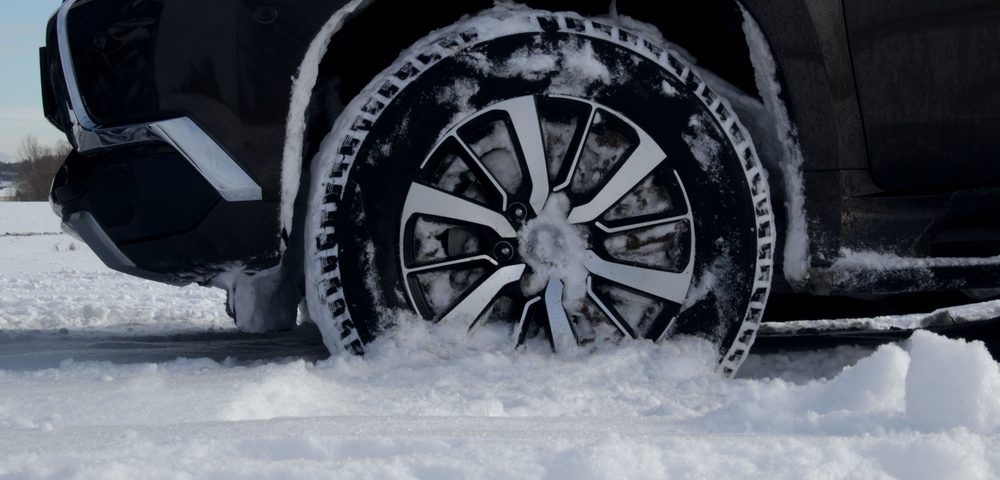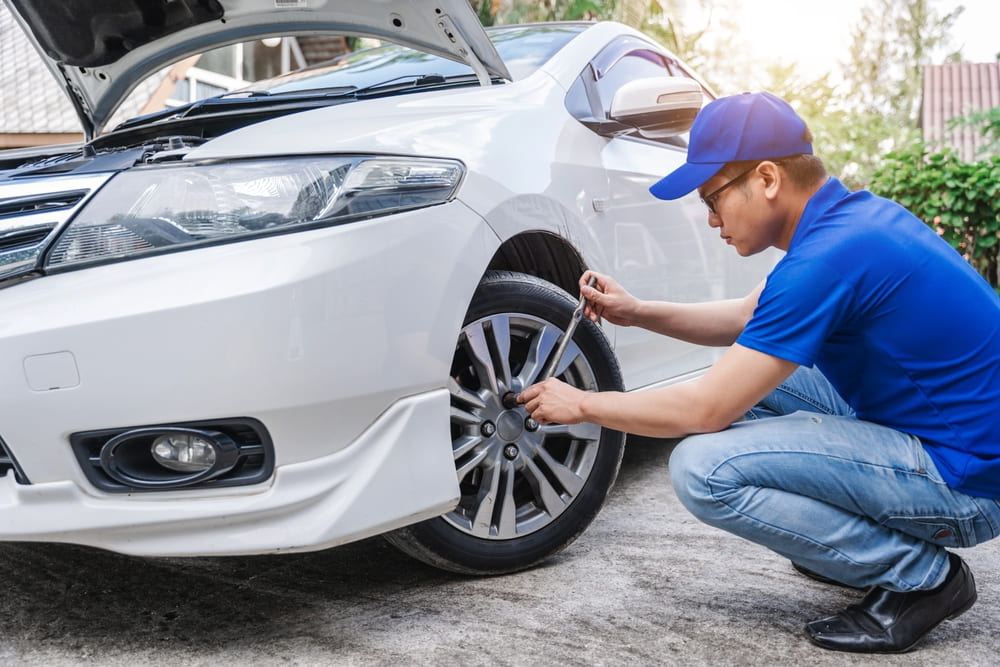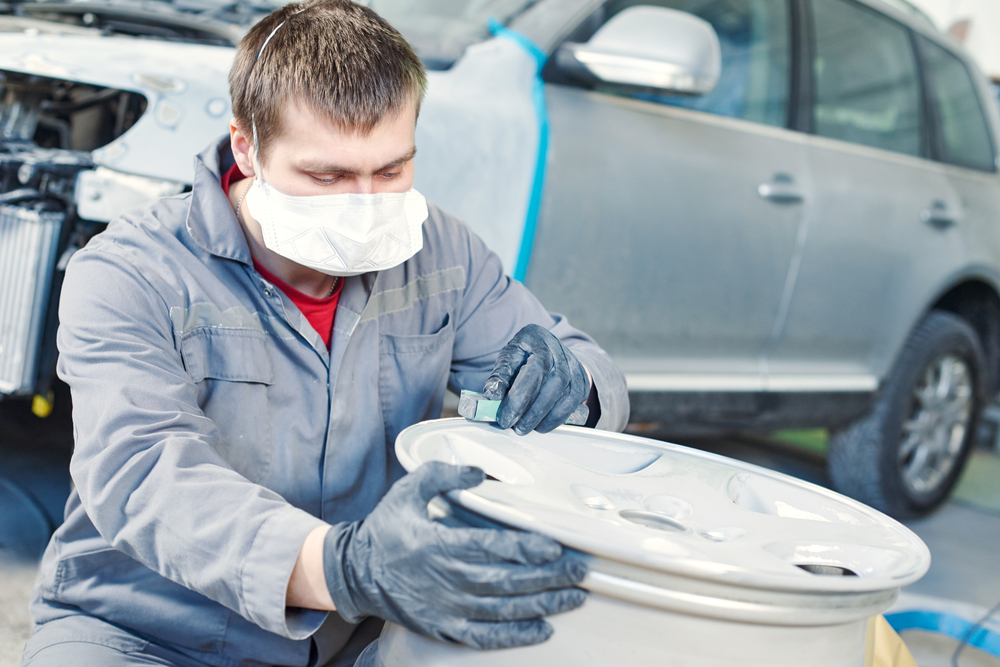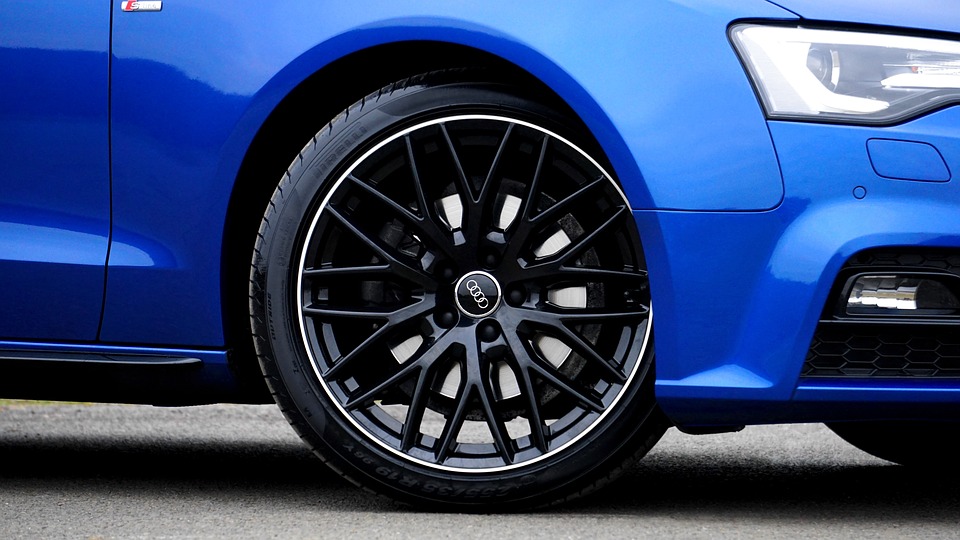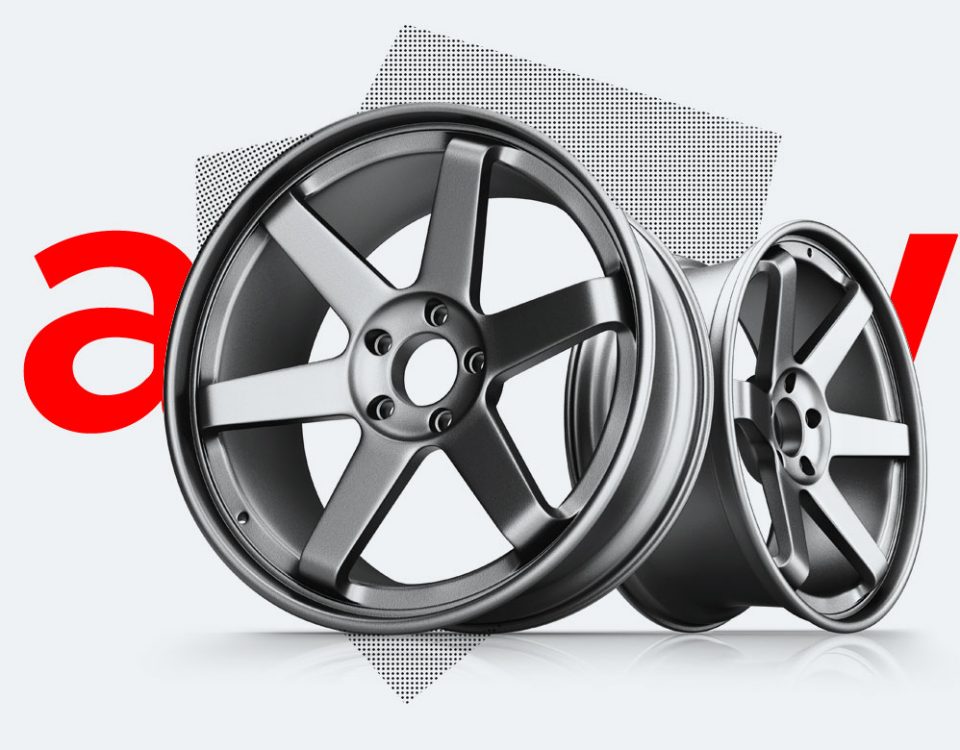Regular tyre rotation is essential to ensure even wear and prolong the life of your tyres. Different positions on your vehicle can cause car tyres to wear at varying rates. By rotating your tyres, you can achieve a more uniform wear pattern, which enhances performance and safety.
There are several tyre rotation patterns, and the best one for your vehicle depends on whether it’s front-wheel drive, rear-wheel drive, all-wheel drive, or if you have directional tyres. Common rotation patterns include:
- Forward Cross: Move the front tyres to the back on the same side, and the rear tyres to the front, crossing sides.
- Rearward Cross: Move the rear tyres to the front on the same side, and the front tyres to the back, crossing sides.
- X-Pattern: Swap each tyre diagonally, so each tyre ends up on the opposite corner of the vehicle.
- Front-to-Rear: Simply swap the front tyres with the rear tyres.
Always consult your vehicle’s manual or a tyre professional for the recommended rotation pattern and frequency. Typically, tyres should be rotated every 5,000 to 8,000 miles. Combine your tyre rotation with other regular maintenance tasks, such as oil changes, to make it easier to remember. Regular rotations not only extend tyre life but also help identify other potential issues early, such as misalignment or suspension problems.
Overloading your vehicle can have serious consequences for your tyres and overall safety. Excess weight puts extra stress on your car tyres, leading to increased wear, higher risk of blowouts, and reduced fuel efficiency. It can also negatively impact your vehicle’s handling and braking performance.
Every vehicle has a maximum load rating, which can be found in the owner’s manual or on the placard inside the driver’s door. This rating indicates the maximum weight your vehicle can safely carry, including passengers and cargo. Exceeding this limit can cause your tyres to overheat and fail.
Here are some practical tips to avoid overloading your vehicle:
- Know Your Limits: Always refer to the maximum load rating for your vehicle and stay within these limits.
- Distribute Weight Evenly: Spread the weight evenly throughout the vehicle to avoid putting too much pressure on any single tyre.
- Avoid Carrying Unnecessary Items: Remove any items from your vehicle that are not needed for your trip to reduce weight.
- Check Your Tyres: Before loading your vehicle, ensure your tyres are in good condition and properly inflated to handle the extra weight.




